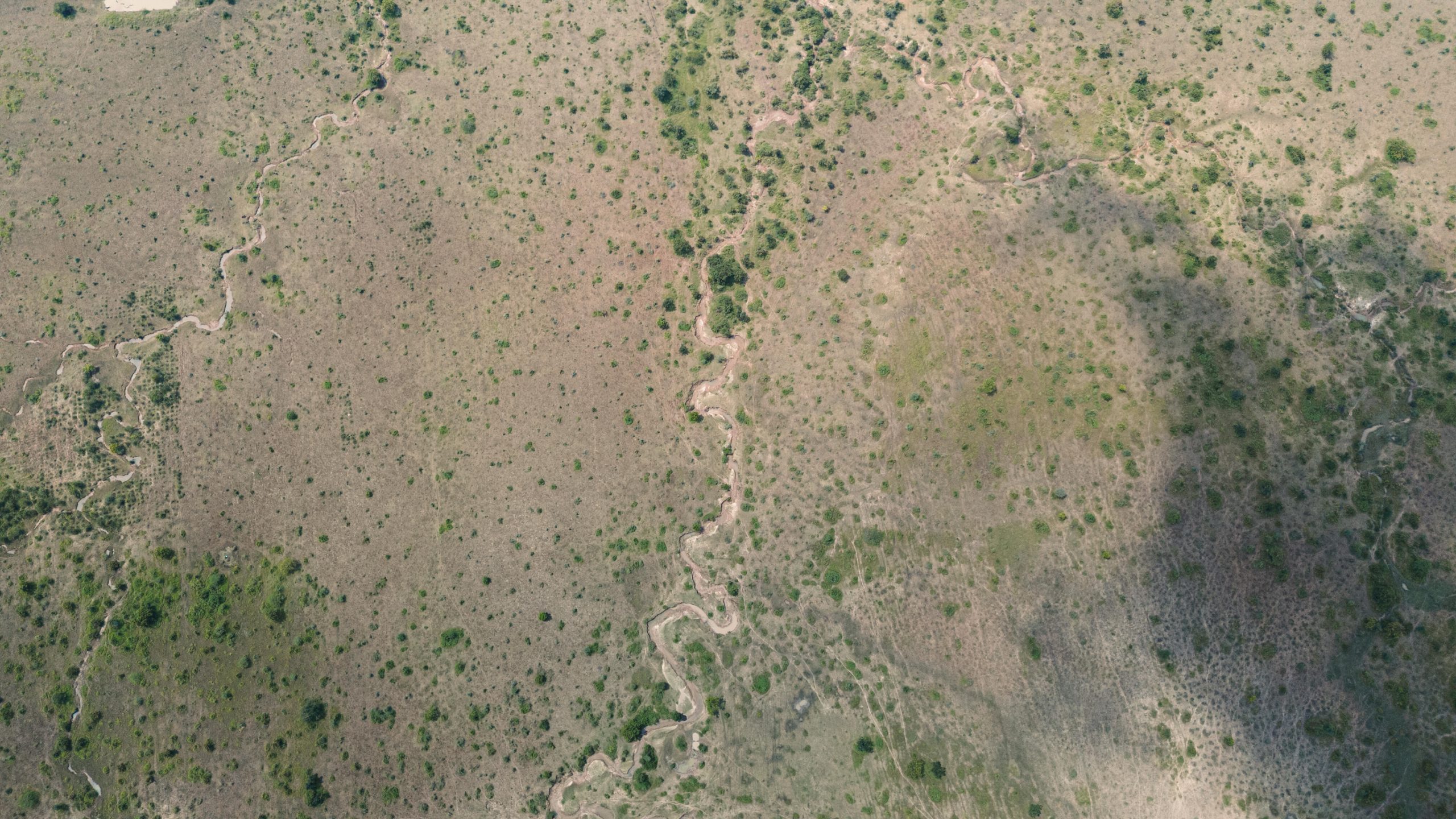
Zerodha Rewilding Fund
Our planet was once alive with abundance. Herds of herbivores thundered across vast grasslands, swamps echoed with the croaks of amphibians, and forests rang with the calls of primates swinging freely through the trees.
Today, that richness is fading. We are living through the sixth mass extinction, a crisis unlike any before. Extinction itself is natural—species emerge and disappear as ecosystems evolve. But this time is different. The previous great extinction, the Cretaceous–Paleogene (KT) event, wiped out the dinosaurs 66 million years ago over thousands of years. The current crisis is entirely human-driven—caused by unsustainable land use, deforestation, pollution, and overexploitation of resources.
The numbers are stark:
- Insect populations have dropped by 75% in just 27 years.
- Over 40% of amphibians are threatened.
- 60% of primates face extinction.
- Wild mammals today make up only 4% of global mammal biomass; humans and livestock account for the other 96%.
But raw numbers don’t capture the cascade of collapse. When pollinators decline, so do 75% of our crop species. When apex predators vanish, herbivores overgraze, forests degrade, soil erodes, and entire ecosystems spiral into what ecologists call “ecological poverty”, landscapes that are green but functionally dead. We suffer from shifting baseline syndrome: each new generation accepts a more degraded environment as “normal,” forgetting what a healthy environment truly looked like.
In India, the crisis is accelerating. We have seen a 55% loss in wildlife populations over the last half-century. Our protected areas, which cover only 5% of the country, are increasingly fragmented islands. Tigers, elephants, and other wide-ranging species need connected landscapes, not isolated pockets. Central India, which holds nearly 40% of the country’s wild tigers, faces intense pressure from mining, agriculture, and infrastructure development.
Without urgent action, we risk collapsing the very ecological web that sustains our food, water, and economies. The Earth doesn’t need us to survive; it has thrived for 4 billion years. But we cannot exist without a safe, healthy, and thriving planet.
At Zerodha, we believe profit, people, and planet must go hand in hand. That’s why we commit 10% of our earnings to societal and environmental well-being and why we created the Rainmatter Foundation in 2020. Through it, we support systemic, interdisciplinary work across India to fight climate change and ecological degradation.
On our 15th anniversary, we are deepening this commitment with the Zerodha Rewilding Fund, a ₹100 crore initiative dedicated to restoring degraded landscapes. Structured as a corporate endeavor supported by the Rainmatter Foundation, we hope it becomes a model that other businesses adopt.
What is Rewilding?
Rewilding is the process of letting nature heal itself. It means restoring forests, grasslands, and wetlands with minimal human interference so that biodiversity can reclaim its place. Unlike monoculture tree plantations or “green cover” drives, true rewilding requires deep ecological, social, and scientific understanding. It brings together communities, government agencies, and conservationists to regenerate landscapes holistically.
Our First Project: 800 Acres in Tadoba
Our inaugural rewilding project begins in Tadoba-Andhari, Maharashtra’s oldest and largest tiger reserve. The 1,727 sq km reserve is part of the Central Indian landscape, home to about 175 tigers (NTCA, 2023) and a rich mix of teak and bamboo forests. The reserve forms a critical link in the Central Indian tiger corridor, connecting populations across state boundaries.
But Tadoba is more than a tiger haven. It is also an ancient cultural landscape. The forest is named after Taru (or Tadoba), a Gond chief or deity, said to have died in a fight with a tiger. Even today, local communities worship him as a forest spirit at shrines near Tadoba Lake. This reflects the Gond worldview, where humans, wildlife, and forests form a single sacred whole, a philosophy that modern rewilding aspires to honor.
In this landscape, we are working with the Maharashtra Forest Department, the Government of Maharashtra, and our implementation partner Farmers for Forests to restore 800 acres. The interventions include:
- Reforestation & Assisted Natural Regeneration (300 acres): strengthening forest cover and carbon storage.
- Grassland Restoration (200 acres): supporting prey species like gaur, chital, and sambar.
- Agroforestry (300 acres): enhancing community livelihoods through nurseries and diversified incomes.
This work is about more than protecting wildlife. It is about creating coexistence—a Tadoba where tigers roam free, grasslands flourish, and local communities thrive alongside the forest.
Rewilding is restoration. Rewilding is hope. Rewilding is possible, starting now, with 800 acres in Tadoba and expanding as far as our collective will can reach.

Day 1 at Tadoba-Andhari
We will announce more projects over the next few months.
For more information on the fund and how we can support more rewilding initiatives, connect with us at [email protected].

Well-done Good opportunities for u, to Services to the Country ….